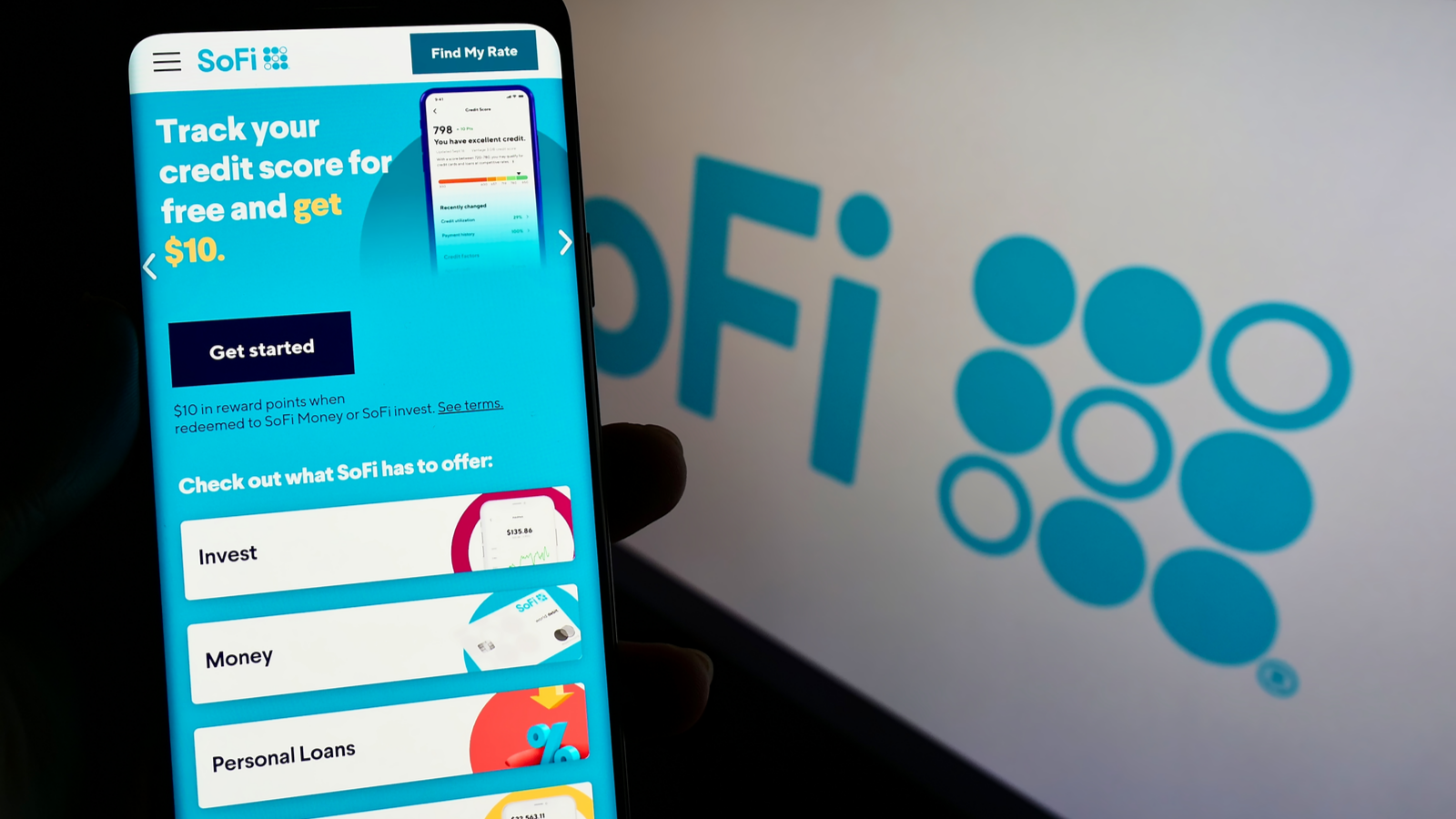SoFi Technologies (NASDAQ:SOFI), a fintech company that is a one-stop shop for your finances, has an attractive marketing message but not an attractive stock. SOFI stock has seen a decline of nearly 66% year-to-date.
Almost a year ago, in August 2021, my article on SOFI was not positive. I considered it a promising company, but one with a pricey stock and fundamentals that were not a clear reason to buy it.
The shares of SoFi Technologies dropped from $16.90 when my previous article was posted on Investorplace to $5.41 as of July 1 at the close. So let’s get into why SOFI stock continues not to be a bargain.
| SOFI | SoFi Technologies | $5.41 |
What Makes a Bargain Stock?
This is a very important question to ask. It is always prudent to invest with arguments, and the more you have, the better your investment decisions will be.
If you consider SOFI to be a bargain here, then chances are that you focus on the technical analysis when looking for beaten-down stocks. But is this logical? Assuming you want to trade in the direction of the trend and not against it, SOFI stock is in a clear downtrend as it is trading below its declining 50-day and 200-day moving averages.
If you follow the trend, which is a strategy that has better odds than fighting the established trend, SOFI remains a sell.
What about its fundamentals? If a stock has great fundamentals and is trading at a low price, then yes, this seems like a bargain.
There Is No Clear Reason to Buy SOFI Stock
Valuation does not support buying SOFI stock. After all, most of the profitability ratios do not exist as the company is losing money.
And the ratios that do exist, like price/sales, aren’t great. SOFI stock has a P/S of 3.41 which is 21% higher than the Financials sector median value. The price/book of o.94 is in a small discount to the value of the Financials sector, bt not enough to offset the other negatives.
What is interesting, though, is that SOFI has a forward price/cash flow ratio of 7.5X, which is lower by 21% than the Financials sector median value of 9.51X. The fintech company does not generate positive free cash flow consistently.
This leads us to the final argument.
Bottom Line on SOFI Stock
The fintech company struggles to report and sustain positive free cash flow. On an annual basis, the company is burning cash.
In Q1 2022, SoFi Technologies unexpectedly reported a positive free cash flow of $13.58 million after four consecutive quarters of posting negative figures. But we have insufficient data to determine if SOFI will grow or shrink its free cash flow from here based on historical rates. The recent trend is not a bullish one, as one positive figure is not enough to set a new trend.
SoFi Technologies had a Q1 earnings report that beat estimates on EPS and revenue, but even with a 69% year-over-year increase in net revenue, it could not make a profit. It rather reported a narrower year-over-year EPS loss of -14 cents versus -$1.61 in the same quarter a year ago. This is not optimistic.
SOFI stock continues to be a stock to avoid. A lot of factors, like profitability, need to be fixed. Until this happens, the stock could become a penny stock.
On the date of publication, Stavros Georgiadis, CFA did not have (either directly or indirectly) any positions in the securities mentioned in this article. The opinions expressed in this article are those of the writer, subject to the InvestorPlace.com Publishing Guidelines.
